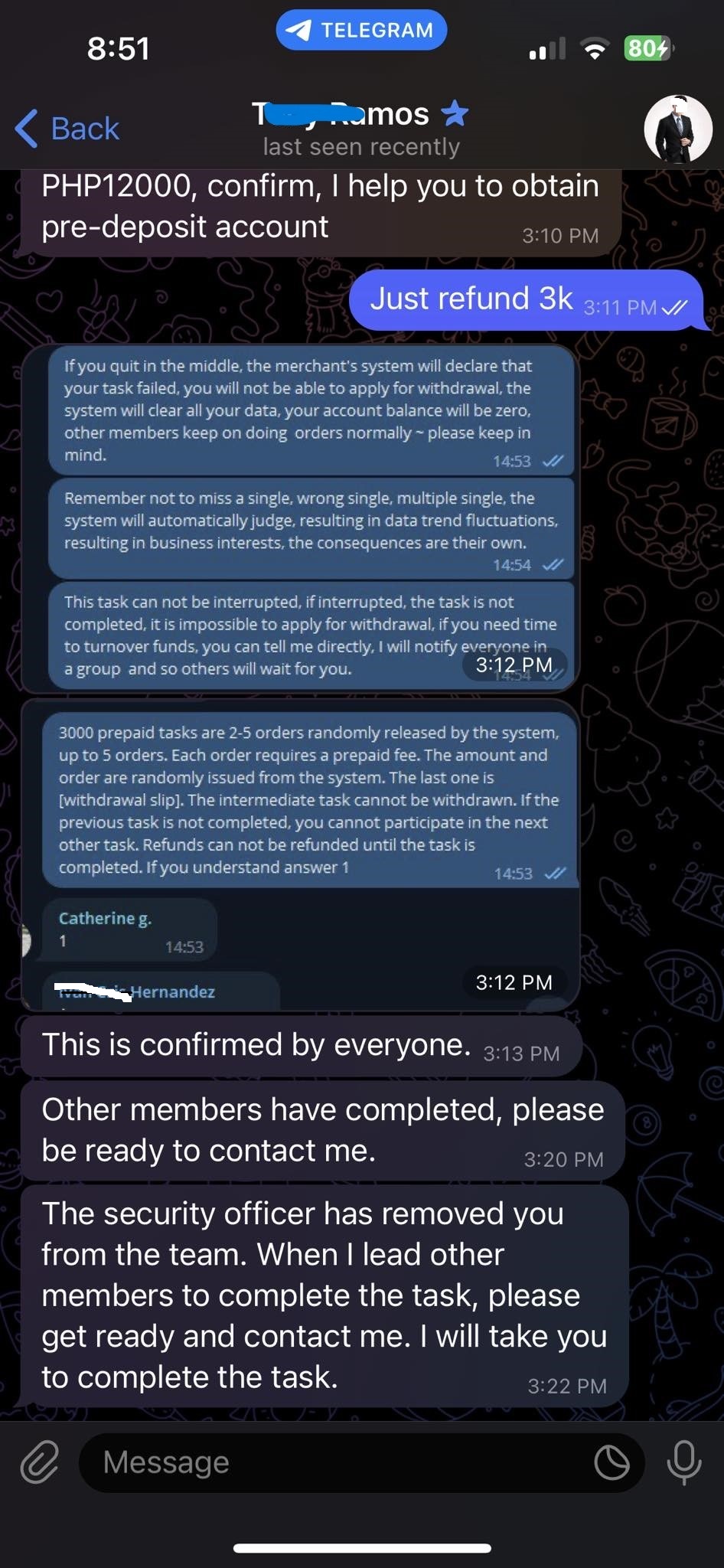In the age of technology and online communication, scammers are continually finding new ways to exploit unsuspecting individuals for financial gain. One such scheme involves luring people into participating in seemingly easy tasks on platforms like WhatsApp and Telegram, promising attractive rewards, but ultimately trapping them in a fraudulent money-making scheme. This article aims to shed light on the Google Maps scam, provide insights into its operation, and offer tips to prevent falling victim to such scams in the future.
The Google Maps Scam Unveiled
The Google Maps scam revolves around enticing users with the prospect of earning money by writing positive reviews for businesses on Google Maps. Victims receive messages on WhatsApp or Telegram, purportedly offering freelance work that involves reviewing and rating various locations on Google Maps. The allure of making money while doing what appears to be simple tasks appeals to many, especially those looking to supplement their income.
Upon responding to the initial message, victims are added to a Telegram group where they are instructed to complete tasks. These tasks typically involve visiting a specific location on Google Maps, providing a 5-star review, taking a screenshot of the review, and sharing it privately with the so-called "manager" of the group. Once the task is verified, they are promised a payment ranging from a small amount, say 50 PHP, through a mobile payment platform like GCash.
The Early Paying Phase and the Trap
In the initial stages of the scam, the fraudsters will indeed pay participants for their tasks to build trust and credibility. This payment system creates a sense of legitimacy, which can lure individuals deeper into the scam. However, as participants become more invested and comfortable with the process, the scammers introduce a mandatory task, often referred to as an "upgrade," which requires the victim to send money as an investment.
The Catch - Upgrading for Bigger Rewards
Once a participant has completed a certain number of tasks, they are informed about the opportunity to "upgrade" their account for higher payouts. Those who fall for this ruse may be asked to pay a substantial amount, such as 1500PHP, under the promise of receiving a larger return. However, this is where the trap is set - victims will likely never see the promised returns, and their initial investment will be lost.
Spotting Red Flags
To avoid falling victim to the Google Maps scam or similar schemes, individuals must be vigilant and recognize the red flags associated with fraudulent activities:
- Unsolicited Offers: Be wary of unsolicited messages or job offers received through WhatsApp or Telegram. Legitimate employers seldom recruit through such platforms.
- High Returns with Little Effort: If an offer promises significant earnings with minimal effort or skills required, it is likely too good to be true.
- Payment Demands: Legitimate freelance jobs do not require candidates to pay for the opportunity to work. Requests for upfront payments should be considered suspicious.
- Lack of Transparency: Scammers often avoid providing clear information about the tasks or the company they claim to represent.
- Pressure to Act Quickly: Fraudsters often pressure victims to act fast, creating a sense of urgency to prevent them from carefully considering the situation.
Protecting Yourself from Scams
To safeguard yourself from falling victim to scams like the Google Maps scheme, consider the following preventive measures:
- Research: Conduct thorough research on the company or individual offering the opportunity. Check for online reviews and feedback from other users.
- Verify Identities: Before engaging with anyone on social media platforms, verify their identities by cross-referencing their profiles on other social networks.
- Avoid Financial Transactions: Never share your financial information or make payments to unknown individuals or organizations.
- Report Suspected Scams: If you encounter a potential scam, report it to the platform or local authorities immediately.
Staying informed and cautious is essential in the digital age, where scammers continuously devise new methods to deceive unsuspecting individuals. The Google Maps scam through WhatsApp and Telegram is just one example of such fraudulent activities. By understanding how these scams operate and being vigilant for red flags, we can protect ourselves and prevent others from falling victim to these deceitful schemes. Remember, if an opportunity seems too good to be true, it probably is.
We hope that the article above has shed light on the Google Maps scam through WhatsApp and Telegram and has provided you with insights into how these fraudulent activities operate. As part of our commitment to keeping our community safe and informed, we would like to invite you to share any personal experiences or encounters you may have had with similar scams.
By sharing your experiences, you can help raise awareness and prevent others from falling victim to these deceitful schemes. Whether you have encountered the Google Maps scam or any other fraudulent activity, your story could serve as a cautionary tale and provide valuable insights to others.
If you have experienced or come across any suspicious messages, offers, or scams on messaging platforms or social media, please feel free to share them in the comments section below. Your contribution could potentially save others from falling prey to these scams.
Remember, the more we collectively share and educate one another, the better equipped we are to protect ourselves and our online communities from scams and cyber fraud.
Thank you for being part of our community, and we look forward to hearing your experiences and insights.
Stay safe and vigilant!








No comments:
Post a Comment